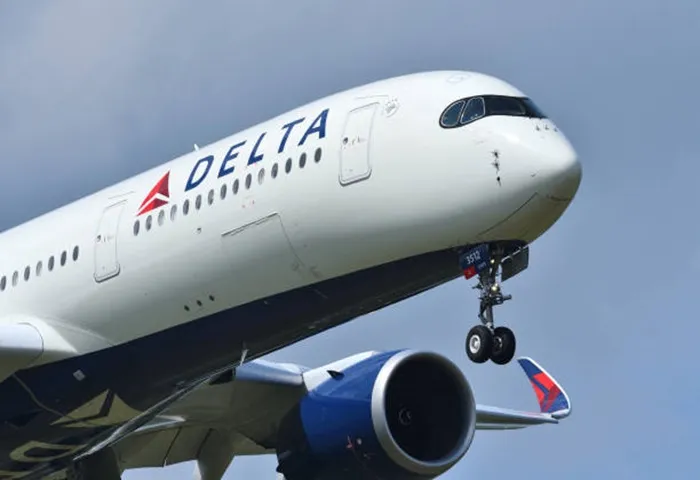July 19, 2024 – The promise of inexpensive flights often comes with hidden costs, as recent experiences at Reagan National Airport highlight. On July 19, technical issues led to widespread flight disruptions, leaving many passengers stranded and facing difficulties rebooking their travel.
In a recent discussion on the “Impromptu” podcast, Washington Post Opinions columnists explored the growing frustrations with air travel and the factors contributing to its current state. Below is an edited excerpt from their conversation.
Airline Travel Frustrations: Are We to Blame?
Air travel has become increasingly frustrating, with minor disruptions leading to prolonged delays and cancellations. Why does the system seem so unreliable?
Charles Lane: “We live in an era of teaser pricing for nearly everything, and I confess, I’m drawn to these deals. When I see a fare of $59 to the West Coast, I’m tempted to book it, only to realize that this initial price is rarely what I end up paying.”
Marc Fisher: “This situation exemplifies a significant economic experiment. It demonstrates that price is a critical factor; we are willing to endure considerable inconveniences just to save a few dollars.”
In the early 2000s, airlines struggled financially, facing substantial losses. However, approximately 10 to 15 years ago, the industry shifted towards what is known as ‘capacity discipline.’ This approach involved filling flights to near or full capacity, and often overbooking them. Rather than selling only 80 percent of available seats, airlines now aim to sell nearly 100 percent or more, maximizing profits but increasing the risk of delays and cancellations.
Related Topics:
Tourism Authority of Thailand Unveils Eco-Friendly Travel Routes
International Air Travel Demand Remains Robust in June
Investment Highlights: Lovetovisit Secures £3.2M, FuturePlus Partners with Virgin StartUp

